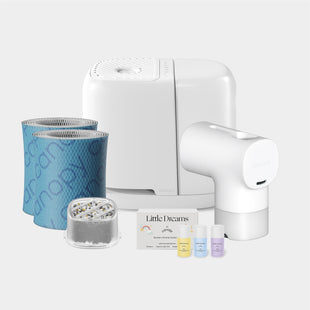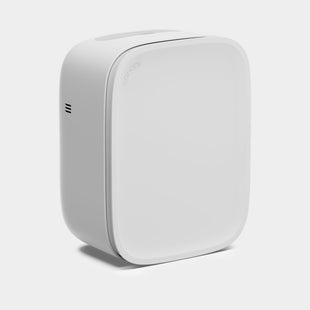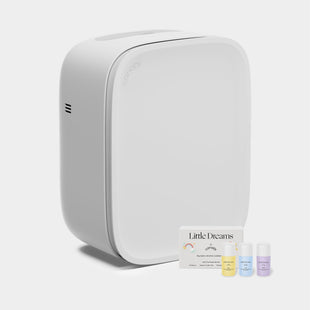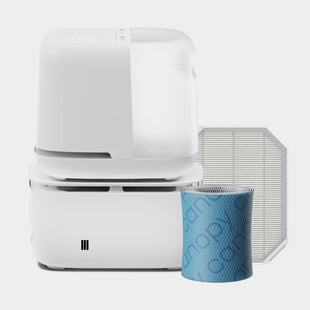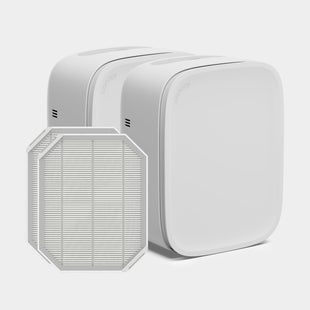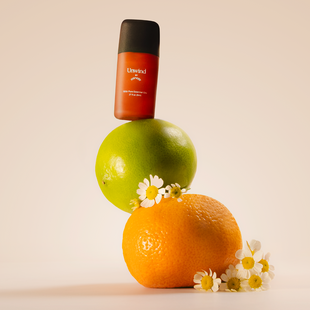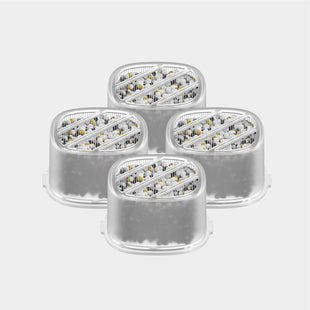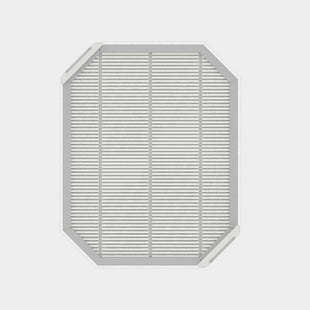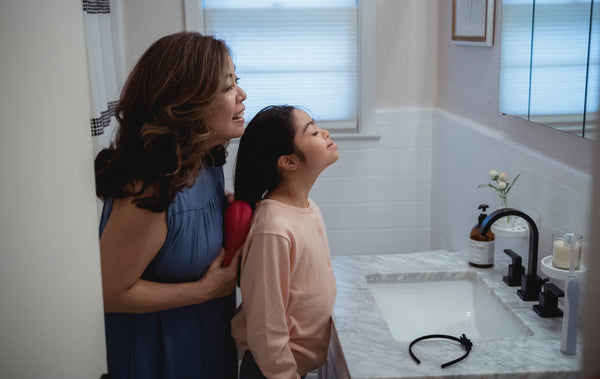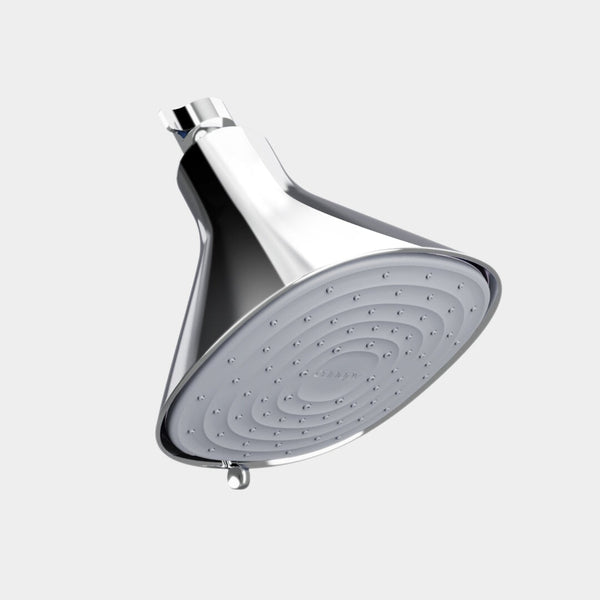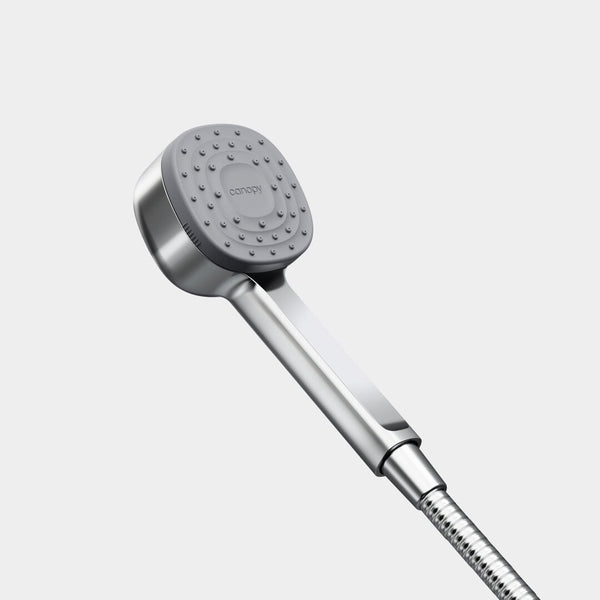When you hear “chlorine,” you probably think of a swimming pool or the bleach you use in the washing machine. But, you may not realize that the water from your taps and shower head also contains the chemical.
Before you panic, know that chlorination isn’t necessarily bad. Most municipalities use chlorine to keep the water supply clean and safe because it’s effective and less expensive than other purification methods like UV disinfection and reverse osmosis. It’s a powerful disinfectant that kills harmful parasites, bacteria, and viruses (like salmonella, norovirus, and other waterborne diseases) so communities don’t experience large-scale outbreaks of illnesses.
The minimal chlorine in shower water isn’t necessarily dangerous or harmful to your well-being. However, you might have concerns about chlorine exposure and how it affects your health, skin and hair, and even the plumbing and appliances in your home. To put your mind at ease, here’s how to tell if you have excessive chlorine in your water supply and what to do about it.
What Are Some Common Signs of Chlorine in Tap Water?

Chances are, if you get your water from the city, it contains chlorine. But how can you tell if it has higher than necessary levels?
One of the most obvious signs of too much chlorine in shower water is its distinct smell. If you notice it while showering or washing dishes, the water contains quite a bit. Other subtle signs of chlorine in the water include:
- Dry, itchy skin
- Cloudy looking water
- Discolored water, usually brown or yellow
- Dull, dry hair
- Changes in hair color, especially when you have light-colored or dyed hair
- Brown or rusty stains on the tub, sink, or toilet
- Brittle nails
- Dingy, faded, or stained laundry
- Changes in the taste of the water
Too much chlorine in the water supply can also damage plumbing by contributing to corrosion that allows minerals into the water supply and creates leaks. However, all these issues can also stem from other problems, like hard water, so it’s a good idea to test for chlorine before deeming it the culprit for your problems.
Testing for Chlorine in the Water
If you’ve noticed symptoms of too much chlorine in water, the best way to confirm your suspicions is with a water quality test. For a quick and easy test, pick up a test kit. Pool test kits can reveal how much chlorine is present, or you can use a simple chlorine test strip or color-changing test to evaluate the water. You could also invest in a digital colorimeter to check the levels, which is a more expensive, albeit more accurate, method of measuring the amount of chlorine in shower water.
The most in-depth and accurate way to test the overall quality of your home’s water supply and measure chemical levels (including chlorine) is with independent lab testing. You can either send a water sample to the lab or hire a local company to test it. Lab tests provide a comprehensive overview of the water quality and what you can do to ensure it’s as safe as possible for your family.
Reducing Chlorine in Shower Water
Even though the chlorine levels in most municipal water supplies are low enough that they aren’t a cause for concern, if you want to eliminate it from your shower routine, you can do so with a water filter. A whole-house filtration system removes contaminants and ensures every tap and shower head gives you fresh water.
Unfortunately, these systems can be expensive and aren’t always an option. For example, If you live in an apartment or rental property, you may need to use a filtering shower head or other method to eliminate chlorine. When water flows through a carbon filter, the carbon absorbs the harmful particles, so you enjoy nothing but fresh, clean water that doesn’t irritate your skin or cause health concerns.
Try Canopy’s Filtered Shower Head
Whether you notice signs of too much chlorine in shower water or just want to avoid harsh water, check out Canopy’s state-of-the-art filtered showerhead. With easy, tool-free installation and optional aromatherapy, it’s an easy way to upgrade your shower experience while eliminating everything you don’t want in your water.









